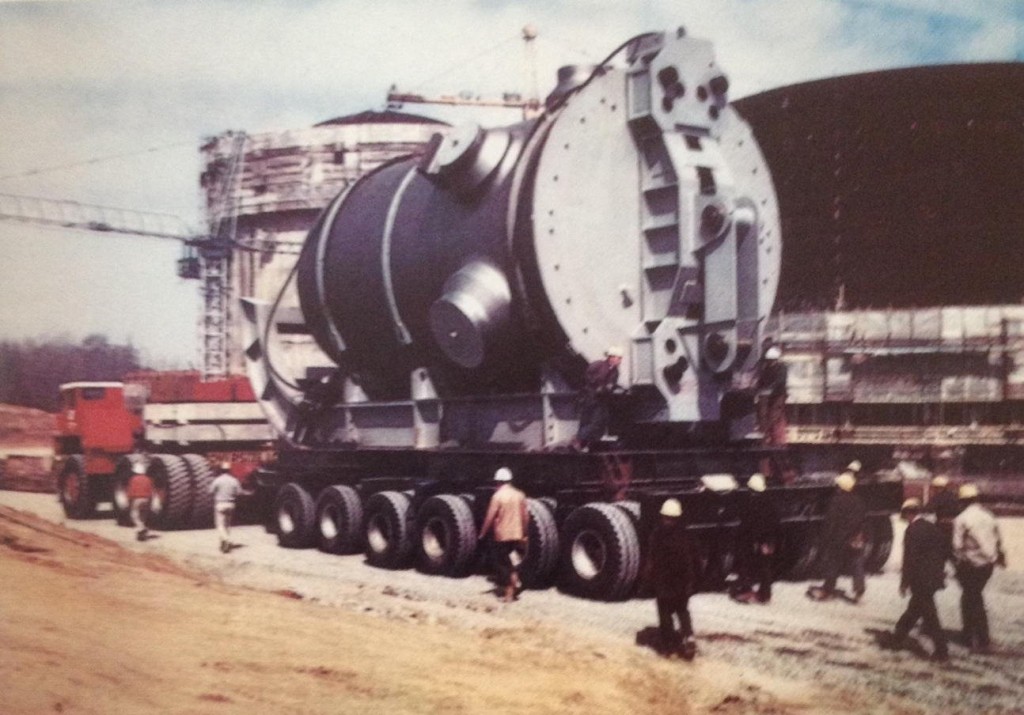How can operating nuclear plants challenge the status quo?

Throughout the history of commercial nuclear power plant operations, there have been events that changed the industry. The incidents at Three Mile Island and Fukushima brought about great advancements in how nuclear plants are operated, including additional safety measures and supplemental training on how to prevent such events. Looking forward, the commercial nuclear industry is poised for a similar transformative change: one motivated by financial viability.


 In September, cable television’s Science Channel aired an episode on power plant catastrophes as part of its series Deadly Engineering, with one principal segment on the 1979 Three Mile Island accident. The episode contains several inaccuracies and distortions—perhaps the biggest mistake being that the TMI accident was featured in Deadly Engineering at all, since no deaths or long-term adverse health trends resulted from the accident.
In September, cable television’s Science Channel aired an episode on power plant catastrophes as part of its series Deadly Engineering, with one principal segment on the 1979 Three Mile Island accident. The episode contains several inaccuracies and distortions—perhaps the biggest mistake being that the TMI accident was featured in Deadly Engineering at all, since no deaths or long-term adverse health trends resulted from the accident.